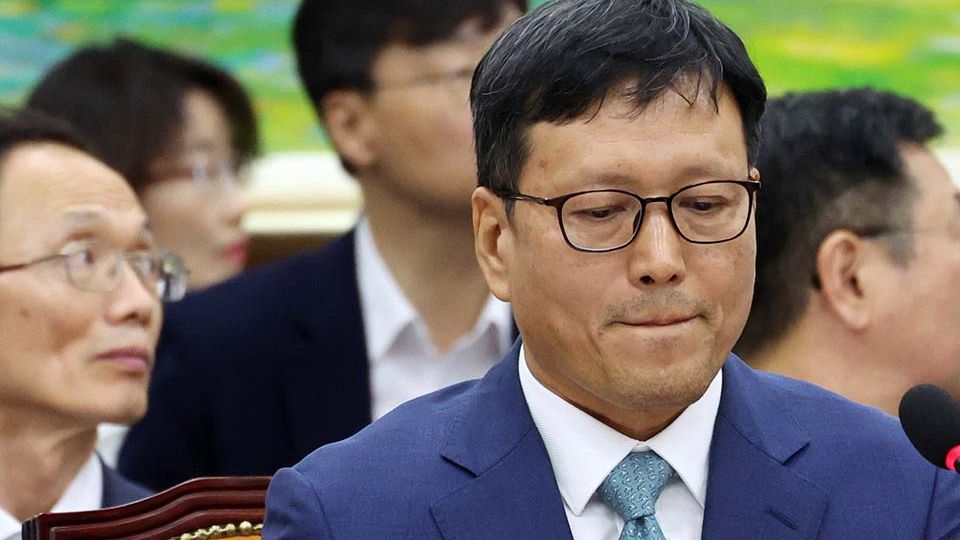August 1, 2024
SEOUL – Once a prominent figure in the Korean e-commerce sector, Qoo10 Group’s CEO Ku Young-bae is now facing allegations of a Ponzi scheme involving delayed payments amounting to thousands of billions of won for vendors on local online marketplaces Tmon and WeMakePrice.
These accusations emerged after Ku disclosed during a National Assembly hearing on Tuesday that the Singapore-based parent company used assets from its Korean subsidiaries to acquire American e-commerce platform Wish in February.
Ku disclosed that about 40 billion won ($29 million) of the 230 billion won used to acquire Wish came from Tmon and WeMakePrice, with unpaid vendor settlements also factored into the funding.
While he insisted the diverted funds were returned within a month, using Wish’s reserves and following internal procedures, upon being confronted about potential embezzlement or breach of fiduciary duty at the National Assembly he admitted “there could be issues.”
Local prosecutors have initiated an investigation into the matter. Should they find that the subsidiaries’ funds were misused without proper procedures, charges of embezzlement or breach of fiduciary duty could follow.
Financial Supervisory Service Gov. Lee Bok-hyun also revealed during the National Assembly hearing that “significant illegal activity” was found in tracking Qoo10’s funds, prompting a request for a thorough investigation by the prosecutors.
Appearing before the public 22 days after the outbreak of the payment delay fiasco, the disgraced entrepreneur repeated seemingly groundless vows that he would “recover everything” with some help.
“Given the nature of the e-commerce industry, a swift rebound is possible. I’m confident that opportunities will arise if I can convince people,” Ku said Tuesday, claiming six months would suffice for recovery.
Industry experts are skeptical that Ku’s promises to sell or pledge Qoo10 shares and his own assets would provide meaningful relief, viewing them as potential stalling tactics.
On Monday, Tmon and WeMakePrice filed for court receivership, leading to a court-ordered injunction that freezes creditor claims and legal actions against the companies.
Local authorities estimate that Tmon and WeMakePrice owe around 210 billion won to vendors, with the total debt expected to exceed 1 trillion won.
Even if Ku secures the maximum 80 billion won from within the group and leverages his 38 percent stake in Qoo10, this will still fall short of the required amount to settle the debts.
On top of that, Ku has not disclosed his stake in logistics subsidiary Qxpress, reflecting his unforsaken dream of the firm’s Nasdaq debut. Ku had been planning to list Qxpress around October this year, with a projected valuation of around $1 billion. Industry watchers analyze that Qoo10’s liquidity shortage resulted from aggressive corporate takeover deals and expansion for a successful market debut.
The fallout from the payment delays has extended to other Qoo10 Group affiliates.
On Tuesday, Interpark Books, an online platform operated by Interpark Commerce, announced a temporary service suspension due to unresolved payment issues. AK Mall, also managed by Interpark Commerce, reported that payment delays were caused by unresolved issues with Tmon and WeMakePrice, as well as by electronic payment gateway providers withholding funds.


